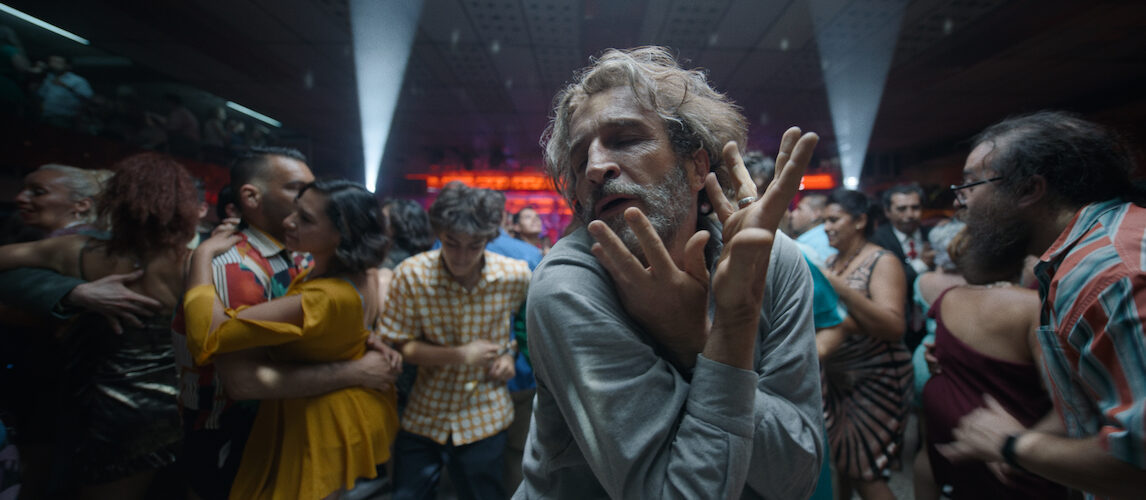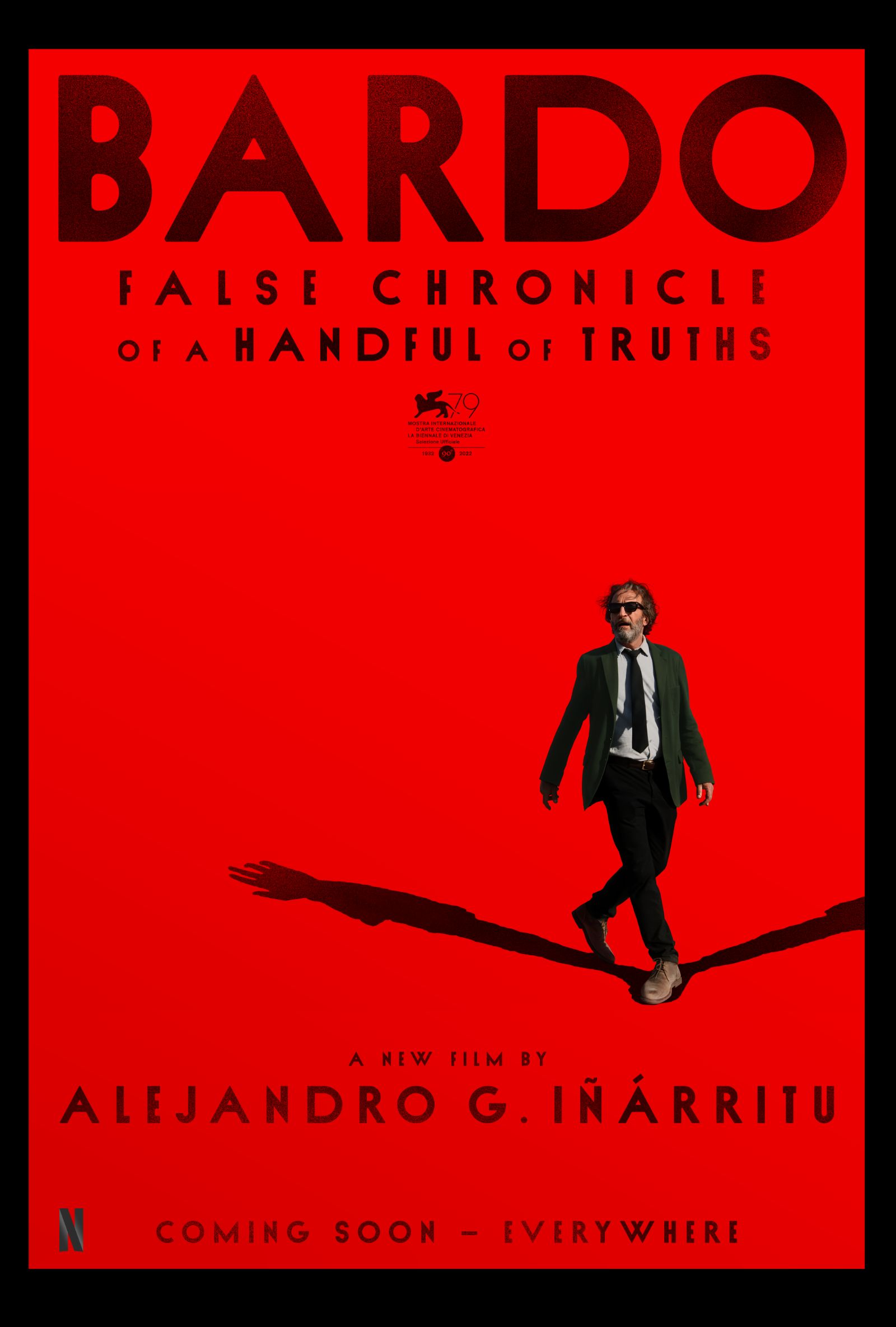

“Depression’s a bourgeois illness; fruit of too much leisure.”
After the breakout success of his debut, Amores perros, Mexican filmmaker Alejandro González Iñárritu packed his bags and headed north, achieving great success in the United States with films like 21 Grams, Birdman or (the Unexpected Virtue of Ignorance, and The Revenant. Every single one of his features has been nominated for at least one Oscar, and with his last two films he became the first director since Joseph L. Mankiewicz in 1949 and ‘50 and only the third ever to receive back-to-back awards for Best Director. (John Ford was the first to do it in 1940 and ‘41.)
Moving in unison with his fellow countrymen Alfonso Cuarón (Roma) and Guillermo del Toro (Guillermo del Toro’s Pinocchio), for his latest film Iñárritu has elected to work with streaming giant Netflix, a company that has proven extremely willing to facilitate passion projects for highly regarded filmmakers. Some results of this inclination include Charlie Kaufman’s I’m Thinking of Ending Things, Martin Scorsese’s The Irishman, the Coen brothers’ The Ballad of Buster Scruggs, Jane Campion’s The Power of the Dog, and Andrew Dominik’s Blonde.
The extremely personal and extravagant vision that Iñárritu has elected to bring to fruition is Bardo, False Chronicle of a Handful of Truths, an absurdist odyssey that explores the internal struggles and psychic wounds that the director has wrestled with throughout his life and career—the strictures of fatherhood, patriotism, emigration, truth telling in fiction, death, depravity, the unreliability of memory, commercial appeal at the expense of personal vision, the burden of success, the transitory nature of our earthly existence. He goes about this in a brazenly navel-gazing manner, burrowing deeply into his ego for a feverish epic permeated with autobiography that is simultaneously self-flagellating and self-congratulatory.
Daniel Giménez Cacho stars as a journalist/documentary filmmaker who has found success in the U.S. and is now returning to his native Mexico alongside his wife (Griselda Siciliani), his kids (Ximena Lamadrid, Iker Sanchez Solano), and the ashes of a stillborn son. Like Iñárritu with Bardo, so his surrogate Silverio (Cacho) is making his first documentary in his home country since he left twenty years ago. Channeling Federico Fellini’s 8½ as well as the same director’s Roma (not to be confused with Cuarón’s previously mentioned film of the same title), Iñárritu explores his own internal conflicts through oneiric sequences that render these inner disharmonies either awkwardly on-the-nose or wildly symbolic and surreal. One moment Silverio is being berated by a talk show host (Francisco Rubio) at a party held in his honor, the next he is encountering his deceased father in the restroom as he shrinks down to the size of a child. He witnesses historical military action, climbs a mountain of dead bodies, finds himself alone and weightless in the desert, and wanders through doorways that lead to places they should not.
A lot of this freewheeling dream logic has an askew texture, as if things are not quite what they seem even in broad daylight. Once the can of worms is ripped open by a triptych of astonishing early scenes (that are better left unspoiled and act as a good litmus test for the uncertain viewer), the viewer simply cannot see any of the film’s sequences as entirely “real.” And so even the film’s less outlandish moments become tinged with a sense of illusion, of unreality, of transition between two worlds. Tones shift erratically. Meanings elude us. The mind is allowed leeway for its own abstruse meanderings as Silverio wanders through limbo. Note that the film’s title derives from the Buddhist idea of a liminal state between death and rebirth—a big tipoff, one might assume, but the pervasiveness of this notion only becomes apparent as the film unfolds.
Though the film grows somewhat tedious when characters explicitly discuss its themes at length, the pure showmanship of Iñárritu’s filmmaking (and Darius Khondji’s cinematography), his imagination, and his symbolic ruminations ultimately overpower his tendency to explain himself in plain terms. In the final analysis, Bardo is a success because films tend to live or die on their lasting impressions—the handful of truths that linger in the viewer’s memory long after they’ve encountered them—and it offers a generous number of powerful emotive swells; beautiful and painful and petrifying and numinous and transfixing and cathartic. Whatever its flaws, no matter how tough it is to swallow, Bardo achieves a rich poignance in its avant-garde but sincere examination of the human condition.